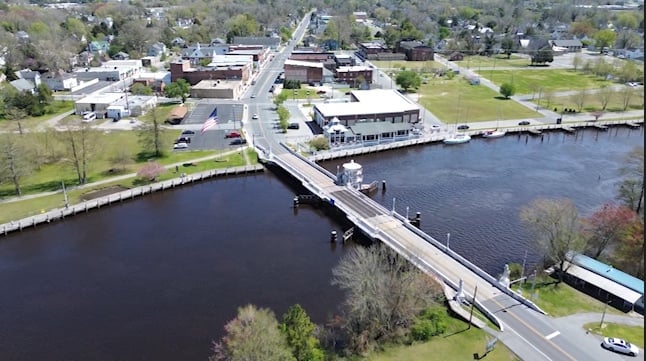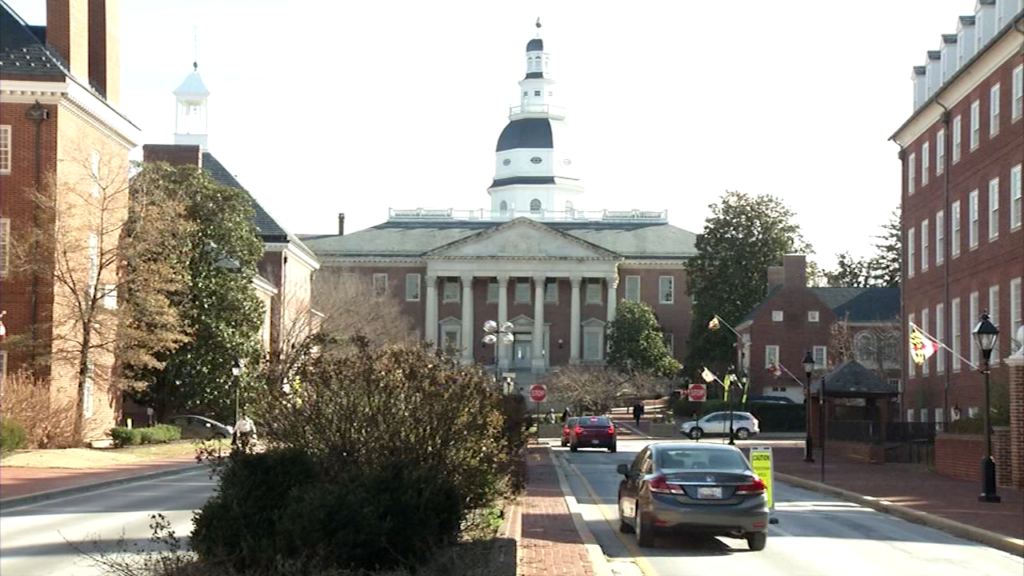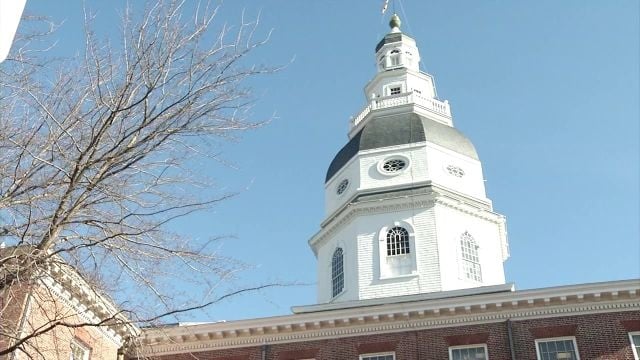Economic Forecast of Delmarva not looking too good for the state of Maryland
DELMARVA- The future of Maryland’s Economy was disused today at the 37th annual Southern Delmarva Economic Forecast at Salisbury University.
Economic Forecast
On the Eastern Shore, 2025 is looking a bit gloomy for the state of Maryland. Experts pointing to minimum wage laws, high business taxes, small businesses struggling, and residents and business owners alike leaving the state.
Salisbury Area Chamber of Commerce President Bill Chambers says this year’s Economic forecast leaves cause for concern. “Maryland’s not a friendly state to do business. We have the highest corporate income tax rate of any of our neighbors. The business community for years has been asking to lower that rate. It’s an impediment.”
Chambers says the push to facilitate more development in Sussex County is helping them thrive. “We have a robust tourist industry in Ocean City. Those people aren’t staying to open businesses or live here, because the opportunities aren’t there. So, the Sussex County Delaware module, is probably the perfect module.”
John Hickman, Director of Business Economic Community Outreach Network at Salisbury University, or BEACON, says other areas are more attractive. “In the northern part of Delmarva, we’re also close to Pennsylvania. When businesses are thinking about locating in Maryland, specifically on the Eastern Shore, they’re also looking at those other states that have options for them to do business.”
Another concern highlighted for Maryland, is the impact of the upcoming federal transfer of power and how it could play out here. “The uncertainty of what’s happening at the federal level, and that flows through to our counties and municipalities here on Delmarva. So, that’s a big question mark, that weighting on, not just government, but our government contractors,” says Hickman.
City officials saying we may be heading down a road with more taxes and not enough opportunity. Our economy is based in agriculture, commodity, and tourism. However, maintaining revenue and residents is an issue. Due to the $2.6 billion structural deficit, if taxes, cost of living, and development isn’t fixed now, it could be catastrophic later.
Chambers says, “If Maryland doesn’t understand, we can’t spend money we don’t have, if legislative leaders don’t understand, we can’t balance our books, based on new taxes and taxing businesses, then this is not a place where people will want to do business in Maryland.”
Other ways suggested to keep Maryland competitive included growing in the cannabis industry and looking into states taking charge over their minimum wage.
Expanding Education
The forecast also revealed that businesses on Delmarva, both small and large, will be impacted by economic changes.
Industry stakeholders say lack of progress in building up the workforce will take a toll on the production industry. David White, Program Director of the Pohanka Technical Academy says things aren’t looking good in Maryland. He said over the past few years, a shortage of skilled workers has pushed them to take things into their own hands.
“Transportation funds are definitely going to be an issue. I’m going to say that education needs to look at additional sources of funding as well, across the board… Experienced people with skills in the State of Maryland, they’re just not there in the numbers that businesses need. So, we open our own training center to train our own, so that we can have good employees to work in the future.”
For more information on Pohanka’s Automotive Training Program, feel free to visit their website and fill out an application.


